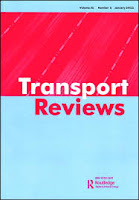Oxford University has recently launched the Leverhulme Centre for Demographic Science (they are also on Twitter). The center is led by Melinda Mills and it involves a team with several top researchers dedicated to seven interconnected research programmes:
1. Nowcasting: digital and computational demography
2. Environmental context, demography and climate change
3. Inequality and diversity
4. Sociogenomics: nature and nurture
5. Causal demography
6. Demography, society and global sustainability
7. Ethics, truth and trust
*** The other good news is that they are hiring Assistant Professors and Postdocs. The center also offers scholarships for Masters and PhD students.






